News
Solana devs target April 15 for fixing failed transactions
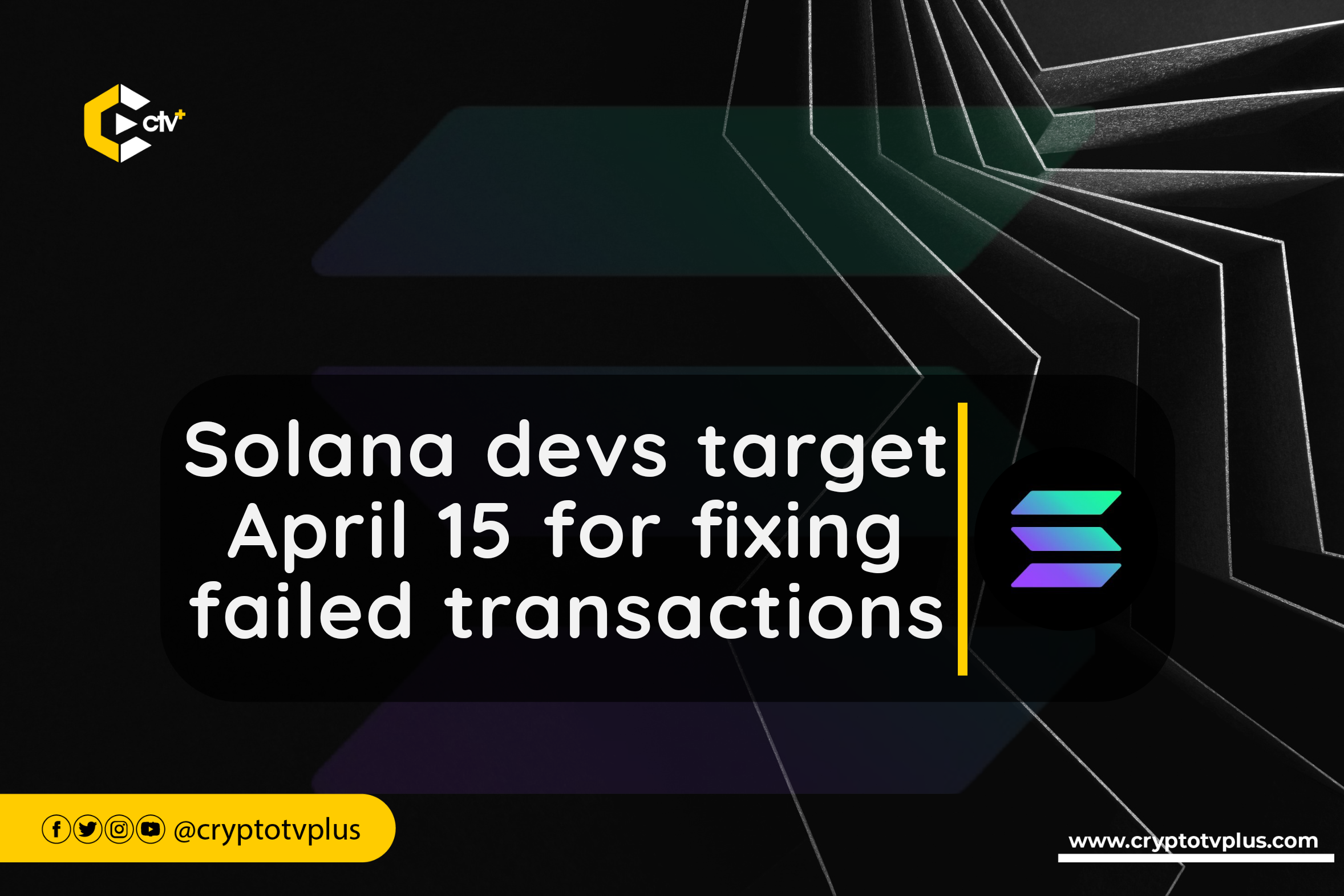
Last week, Solana experienced a surge in the percentage of failed non-vote transactions, exceeding 75%. Developers are now aiming to implement a fix by April 15 to address this issue.
Following a sobering spike in transaction failure rates on the Solana network, developers have pinpointed the underlying culprit as an “implementation bug,” which they plan to address with a targeted fix on April 15.
Mert Mumtaz, CEO of Helius Labs, emphasized that Solana’s current problem stems from an implementation bug rather than a design flaw. Helius Labs, a blockchain infrastructure company dedicated to supporting the Solana network, provides back-end assistance exclusively to Solana.
“It is important to make this distinction because implementation errors are usually trivial [while] design errors are generally serious and more fundamental,” Mumtaz explained to his 108,000 X followers on April 8.
Data revealed that on April 4, more than 75% of non-vote transactions on Solana failed during the recent memecoin frenzy on the network. However, that percentage has now decreased to 64.8%.
Delving into the technical details of Solana’s latest stumble, Mert Mumtaz explained that the issue arose from the network’s implementation of QUIC, a Google-designed data transfer protocol that was intended to enhance network efficiency by looping all nodes into the current state of the blockchain.
Mumtaz clarified that while there is an implementation issue, it should not be perceived as a fundamental flaw in the overall design. He employed a car design analogy to elucidate the situation.
He elaborated that while all cars share common features such as four tires and an engine, there are various implementations of car design, exemplified by brands like BMW, Mercedes, Toyota, F1, and Tesla.
In what could be a surprising move to some, Fantom Foundation co-founder, makes a case for Solana.
Expanding on his analogy between automobiles and blockchain technology, Mert Mumtaz noted that if a particular BMW model exhibited issues with steering, we would not generalize this problem to all cars, recognizing instead that this BMW model simply had a specific flaw that required a targeted solution.
Echoing his earlier point, Mert Mumtaz extended the analogy to the world of blockchain technology, asserting that Solana’s implementation of QUIC, while promising in theory, has proven to have certain flaws and bugs in its current state.
“However, that doesn’t mean ‘Solana’ has a design flaw — it means it chose a buggy implementation for this part of its design.”
In other words, he suggested that the solution to Solana’s current issues was not a wholesale reinvention of the blockchain, but rather a targeted “tire change” in the context of the network’s implementation.
Building on his earlier analogy, Mert Mumtaz drew attention to a comment made by Richard Patel, a researcher within the Solana ecosystem, who proposed that Firedancer’s implementation of the QUIC protocol was not plagued by the same issues that had befallen Solana.
“Yes, QUIC is complex. But Solana’s current issues stem from improper packet prioritization and other implementation deficiencies and have nothing to do with that. The fd_quic library we built does not suffer from such performance problems, but it still talks QUIC”.
According to Mert Mumtaz, provided no additional complications arise during the testing phase, the proposed fix for Solana’s implementation issue is slated for deployment on April 15.
Mert Mumtaz clarified that the April 15 update would likely involve a reconfiguration of Solana’s QUIC implementation, which would serve as a temporary solution until a superior replacement could be developed and integrated into the network at a later date.
The network failures experienced by Solana have raised alarm within the community, especially considering the token’s impressive market cap of $79.9 billion. Additionally, an estimated $4.6 billion in value is currently locked on the network, as reported by DefiLlama.
Read also: Sora Ventures & Metaplanet partner for ‘Asia’s Microstrategy’ pre-bitcoin halving



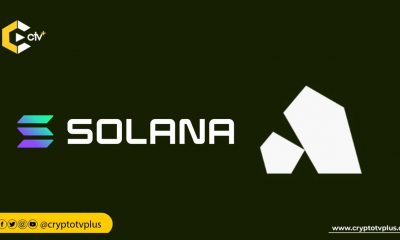



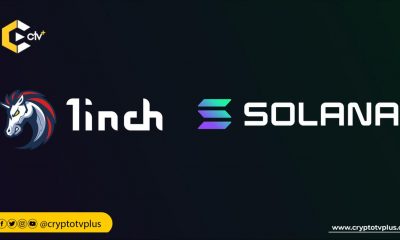

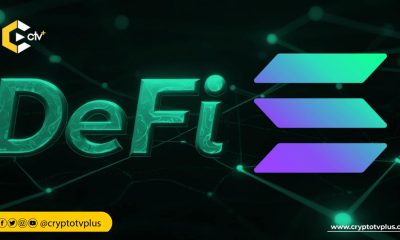

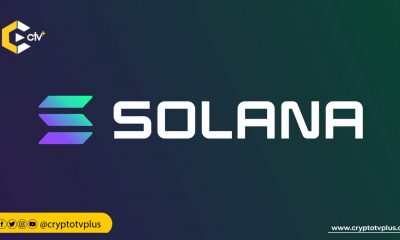











Pingback: Tether challenges global banking giants in 2023 net profit with minimal workforce | CryptoTvplus - The Leading Blockchain Media Firm
Pingback: Tether challenges the global banks giants to a net profit of 2023 with minimal staff - TraderStarter